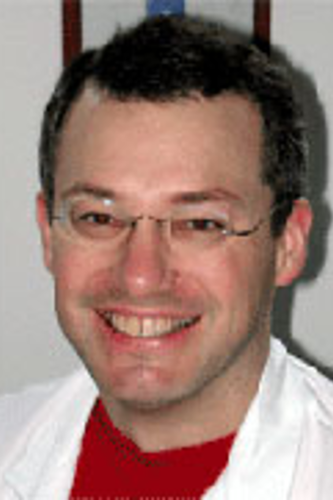The Project team of Paul Lingor is a part of the Clinical Department of Neurology at the Technical University of Munich (TUM) University Medical Center. We are interested in bringing scientific results to the patient in a truly translational approach. Two major neurodegenerative disorders–Amyotrophic lateral sclerosis and Parkinson’s disease–are the focus of our work. We study biofluids to identify novel biomarkers for these disorders and develop novel therapeutic approaches translated from dish and animal experiments to clinical trials.
Contributions: In the premodiALS project, one of the main tasks will be coordinating all work packages between the different partners of this multinational consortium. Furthermore, the clinical site will recruit subjects to the project and participate in biosample processing and redistribution.
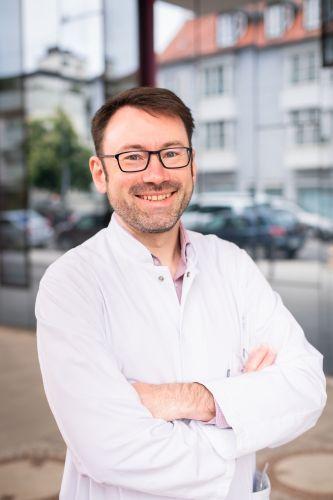
Dr. Ashton is an Assistant Professor and senior member of the Department of Neurochemistry at the University of Gothenburg in Sweden. The department focuses on developing ultrasensitive biofluid tests for Neurodegenerative disorders. This can be achieved by complementary methods such as a single molecular array (Simoa) or discovery/targeted Mass Spectrometry. Recently, this has produced assays for phosphorylated tau in blood, which are now widely used in research settings as screening tools in therapeutics trials and validated for clinical use. Dr. Ashton has international affiliations with King’s College London and the Centre for Age-Related Medicine, Stavanger University Hospital in Norway. Dr. Ashton was awarded the Queen Silvia’s Prize to a Dementia Researcher for his contribution to dementia research.
Contributions: As a part of the PremodiALS Project, we will measure novel biomarkers of neurodegeneration, astrocytosis, and inflammation in CSF, blood, and tear fluid. We will also assist in translating novel protein biomarker discoveries from PremodiALS into attainable biomarker assays.
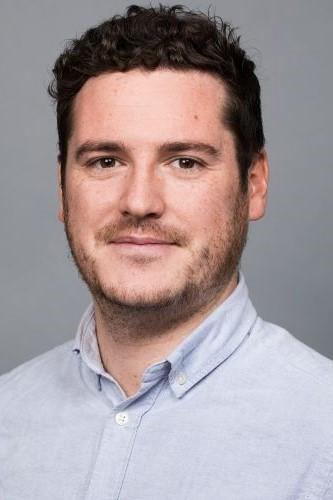
Michael Benatar is a Professor of Neurology, the Walter Bradley Chair in ALS Research, Executive Director of the ALS Center, Head of the Neuromuscular Division, and Vice Chair for Clinical & Translational Research in the Department of Neurology at the University of Miami. His clinical and translational research program is focused on biomarker and therapy development for ALS, with a particular focus on presymptomatic ALS and disease prevention. He leads the Presymptomatic Familial ALS (Pre-fALS) study, which he initiated in 2007, and the CReATe Consortium, an approx. 35-center network focused on therapy development for ALS and related disorders. Dr. Benatar is best known for his pioneering work in defining the field of presymptomatic ALS, including the discovery of the first biomarker of presymptomatic disease that has been critical to the design and initiation of the first presymptomatic ALS trial. He has also been a thought leader in challenging existing paradigms for preclinical therapeutic studies, shaping how we conceptualize and use biomarkers for therapy development, and championing enrichment strategies in ALS trial design.
Contributions: Dr. Benatar will contribute expertise and expertise from approx. 15 years of studying presymptomatic ALS, providing biological samples, and accompanying deep phenotypic data from the pre-fALS study to advance the goals of identifying a clinical-molecular fingerprint of early ALS.
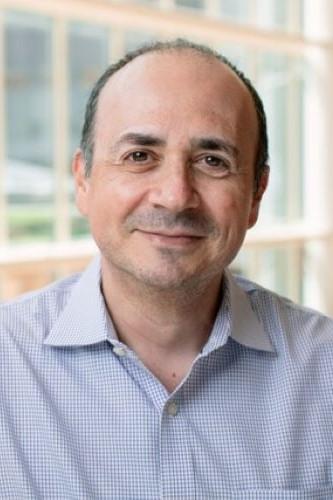
Philippe Corcia is a Professor of Neurology and has conducted the ALS Center of Tours since 2003. This Center takes charge of more than 250 patients and diagnoses between 80–100 new ALS cases annually. He also chairs the French Study Group on Motoneuron Diseases (GFEMM). He is a member of the ENCALS Group and the TRICALS group’s governance, which aims to care for ALS. He also chairs the project Mine. His research focuses on two main topics: identifying susceptibility genetic factors of ALS and diagnostic and prognostic biomarkers from an omics approach within the Inserm Unit U1253 iBrain.
Contributions: Patients and controls recruitment and sample storage.
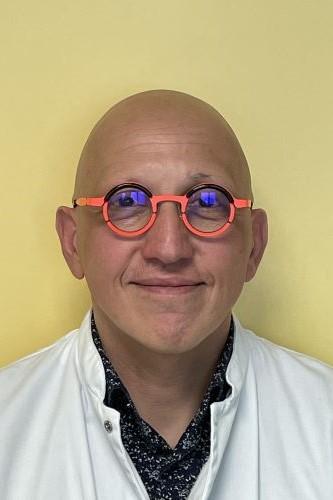
In the Cracow lab of Wojciech Kuban, PhD, researchers apply bioengineering principles, complex molecular analysis techniques, and high-end technology to drug development using pharmacogenomics and quantitative systems pharmacology. Research is focused on methodological advancement and application of molecular systems and models to optimize problems of drug development and therapy for neurodegenerative diseases.
Contributions: Proteomics analysis of CSF and blood samples (DIA-MS)
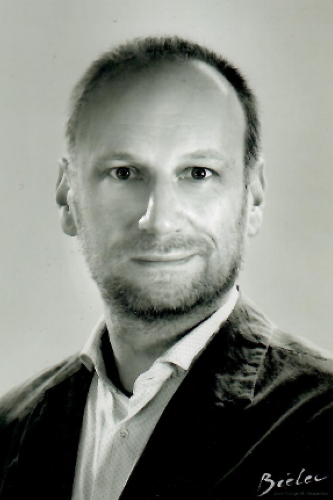
Our University Medical Center Göttingen (UMG) group focuses on developing and applying state-of-the-art mass spectrometry methods for proteome analysis in preclinical and clinical research. Our research ranges from methods for the in-depth study of cellular and animal research models to proteome profiling of patient material from tissues and bodily fluids. Using a collaborative approach and the UMG’s Core Facility Proteomics infrastructure, we apply our method portfolio to help researchers address various pressing biomedical questions.
Contributions:
- Development of data-independent acquisition mass spectrometry (DIA) methods for protein profiling in bodily fluids
- DIA-MS analysis of tear fluid samples for the discovery of candidate protein biomarkers
- Analytical consultancy to our premodiALS project partners
Email: christof.lenz@med.uni-goettingen.de
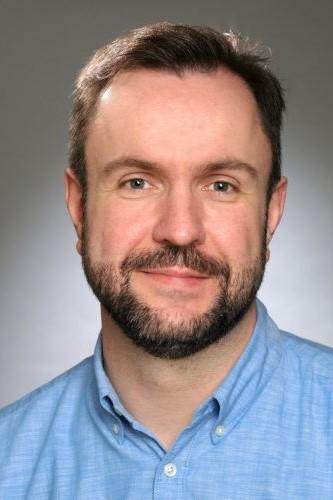
The Hadassah University Hospital Ein Karem, Jerusalem, is a hospital that prioritizes specialization in severe diseases and clinical research, as well as basic biological research, in cooperation with the adjacent Hebrew University Hadassah Medical School.
Our ALS clinic serves patients from the Jerusalem metropolitan area and other parts of Israel. Our aim is to provide patients with the most entire possibility of slowing the progression of the disease in a disease with limited options. That includes providing access to drugs that have shown evidence of efficacy in phase II/III trials but are not yet available, expanded access programs, and participation in clinical trials in studies in all clinical phases. Our team’s recent work includes the observational study of the microbiome in ALS patients, phase I clinical trials in Astrocyte transplantation (AstroRx®), and IPL-344, a therapeutic peptide, AKT pathway agonist.
Contributions: Our center is one of the participant recruiting centers in the study, performing clinical assessments of the subjects and sample collection.
Email: yosef.m.lerner@gmail.com
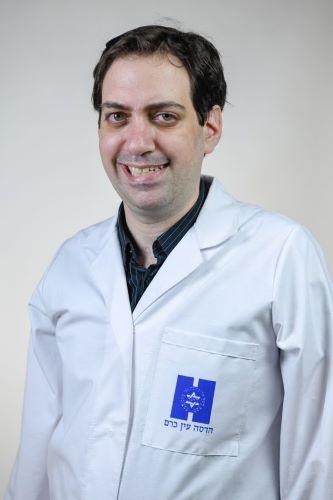
The mission of the Menden Lab is to develop biostatistical and machine-learning frameworks applied to biomedical data, to retrieve insights into the etiology of complex diseases, and to identify novel intervention strategies. For this, we explore deep molecular characterized biomedical datasets and environmental factors and tailor our models depending on disease-specific knowledge, literature, and data-driven analyses, thus empowering the next generation of drug target identification, drug repositioning, and precision medicine.
Contributions:
- Biostatistical analysis of deep molecular and clinically characterized patients.
- Predict ALS patient outcomes with artificial intelligence and machine learning.
- Empower patient stratification by deriving a clinical-molecular fingerprint.
Email: michael.menden@unimelb.edu.au
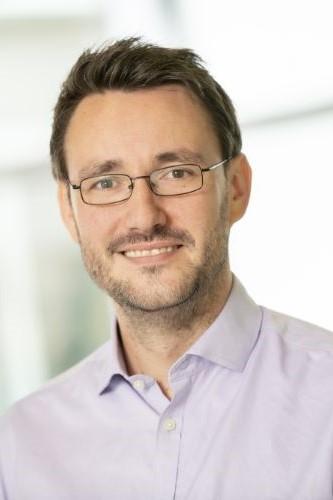
Our group at the MND & Neurotrophic Research Laboratory, Flinders Health & Medical Research Institute, Flinders University, Australia, has been leading the world in describing urinary biomarkers for motor neuron disease. We hypothesize urinary biomarkers, easily accessible for sample collection purposes, could be used to determine and predict disease prognosis and facilitate improved clinical trial design to establish the efficacy of new therapeutics in motor neuron disease. Thus far, we have characterized 2 urinary biomarkers, one of which (p75ECD) has been proposed as a pharmacodynamic marker.
Contribution: As an external partner, we will focus on measuring urinary biomarkers in the premodiALS samples
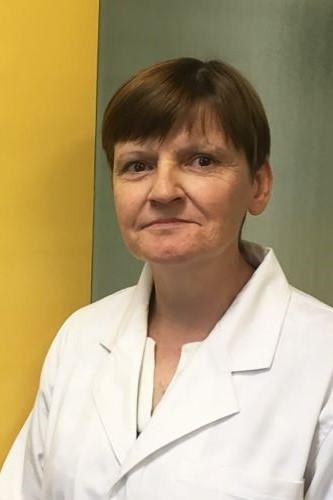
Akdeniz University Hospital, Korkut Yaltkaya Clinical Neurophysiology Laboratory, is one of the essential and central clinical neurophysiology laboratories in the South of Turkey. Most ALS patients’ EMG in this area are made in our center. Further studies on axonal excitability and motor evoked potentials can be conducted in this laboratory. Our neuromuscular outpatient clinic supports our laboratory with patients; nearly 1250 patients are applying annually.
Contribution: As part of the PremodiALS Project, we will continuously follow familial ALS patients and their family members by their genetic electrophysiological progress and clinical features. We will get samples of their CSF, serum, and tears and register their detailed information.
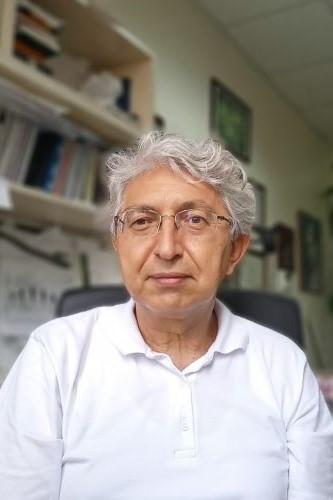
Markus Weber
Main research interests cover outcome measures, clinical neurophysiology, trial designs, and cannabinoid research. Our work was crucial in developing a motor unit estimation technique called MUNIX as a biomarker for ALS trials as part of a JPND project (SOPHIA). This method is also used as a biomarker in early phase I and II clinical trials. We have trained and certified over 40 European, North America, Middle East, and Asia centers.
In collaboration with the ETH Zürich, the first cannabinoid type 2 radioligand has been developed, which is now available for clinical use.
Contributions:
- Protocol development
- Recruiting of patients and healthy controls
- Clinical Assessments
- Biomaterial collection

Norbert Zilka is the director of the Institute of Neuroimmunology, SAS, and CSO of the biotech company Axon Neuroscience. He is the founder of the first Slovak brain bank. Norbert holds a PhD in Immunology from the Slovak Academy of Sciences (SAS). His main scientific focus is on human neurodegenerative disorders such as Alzheimer’s disease, ALS, and FTD. He was actively involved in the preclinical and clinical development of the first-in-man, first-in-kind tau vaccine against Alzheimer’s disease and tau diagnostic assay for AD. He took part in several JPND projects, such as BIOMARKAPD (2012-2015), REfrAME (2016-2019) and ADDITION (2019-2023).
Contributions:
- recruitment of participants
- metabolomic analysis
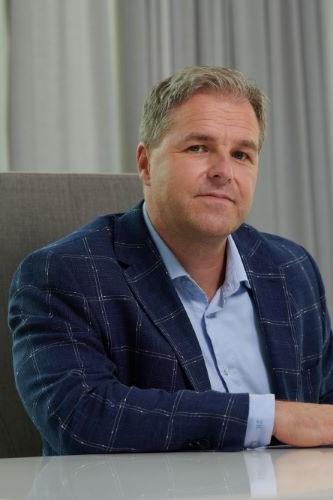
Peter Munch Andersen is a Neurology and Wallenberg Clinical Scholar Professor at the University Hospital of Umeå, Sweden. He has performed clinical, genetic, and molecular biology research into the causes of various types of ALS since 1992. He established the Swedish registry for familial ALS and ALS-FTD. For prospective medical research, he collected longitudinal data and blood samples from patients and their unaffected relatives. The ALS neurogenetic lab in Umeå participated in finding many of the genes causing ALS and FTD, in particular C9orf72 and TBK1. A major focus of the laboratory has been studying the SOD1 gene. The laboratory is also involved in developing and validating biomarkers, including the first neurofilament analysis in the 1990’ties.
Based on our many experiences with genotyping and phenotyping families with different types of ALS and ALS-FTD, in 2005, we proposed the first international guidelines for using DNA testing in ALS patients, genetic counseling, and predictive DNA testing of relatives.
Contributions: The primary contribution of the Umeå lab to the premodiALS project will be to perform state-of-the-art genetic analysis.
